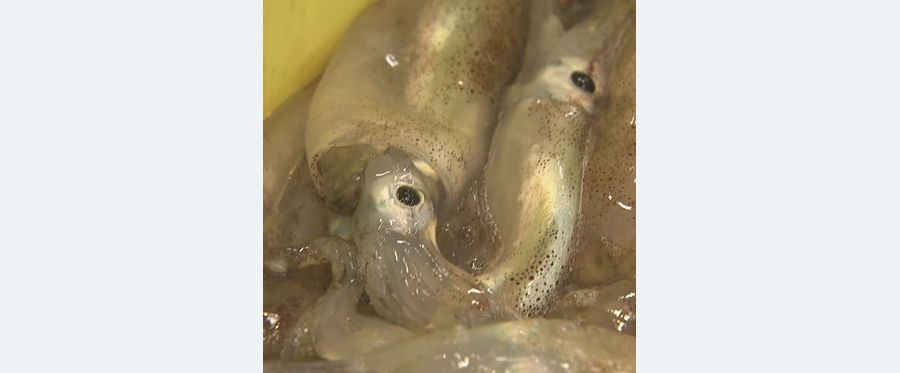Japanese authorities have placed a cease order on small-scale squid fishing, a decision impacting a significant sector of the local fishing industry. The exact cause for this sudden announcement is not stated in the headline, however, these instances typically arise due to concerns over dwindling marine stocks or regulatory issues. The inevitable effects of this decision on the livelihood of fishermen and the broader fishing industry in Japan are expected to unfold over the coming weeks.
Squid fishing is a critical component of Japan's seafood industry, with small-sized boats playing a significant role. The sudden halt of squid harvesting could be, to many, symptomatic of broader environmental challenges facing global seafood stocks, while others may perceive it as governmental overreach impacting the lives of everyday fishermen. Important values at play include environmental conservation, responsible fishing, and the rights of traditional fishermen.
In the US or EU, moratoriums on fishing are also imposed due to environmental concerns like overfishing depleting stocks or changing climate conditions affecting marine life. These decisions are generally met with similar mixed reception, as they aim to balance environmental sustainability with economic stability for fisheries.

